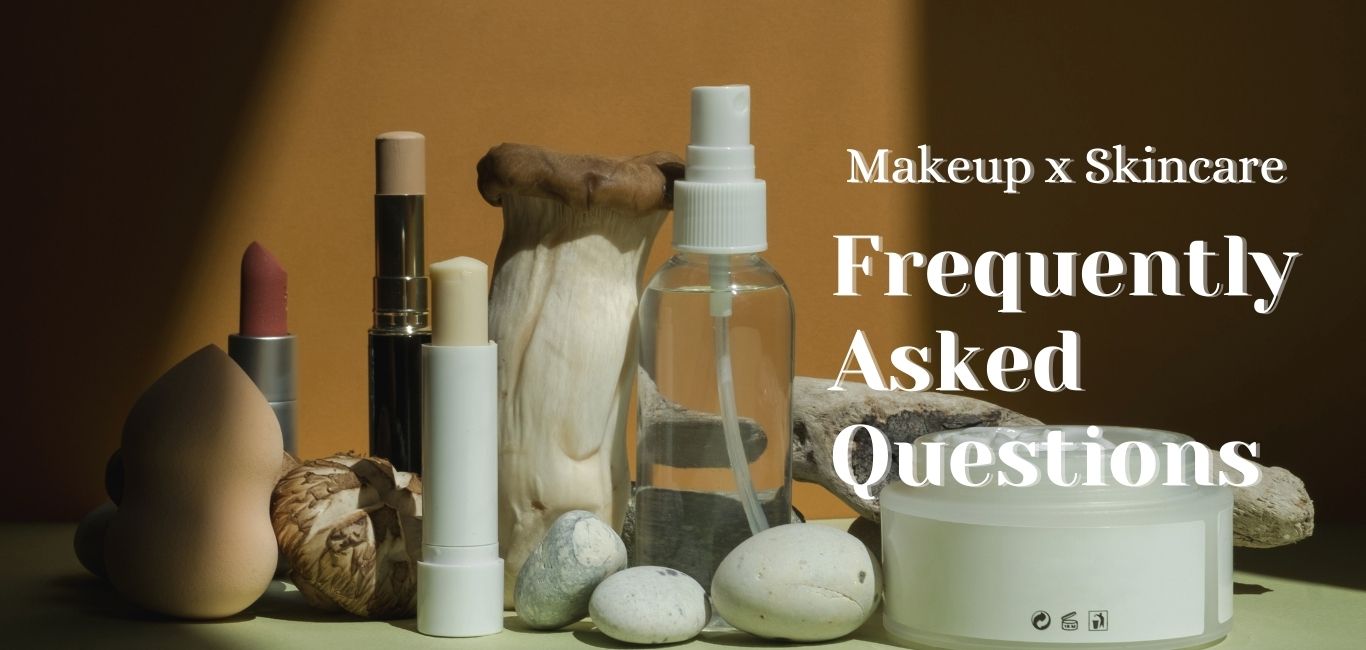
Skincare products abound, like foundation, blush, eyeshadow, concealer, serums, moisturisers, sunscreens and toners. Choosing and using the right one can be quite a challenge to many.
Happiest Health speaks with three experts in personal care to discuss some of the common doubts concerning skincare and use of products on skin. Let us read the advices of:
Kajol R Paswwan, celebrity make-up artist, Mumbai;
Dr Manjot Marwah, dermatologist, hair transplant surgeon, Dr Manjot’s Clinic, Jalandhar; and
Dr Debeshi, clinical cosmetic and aesthetic expert and founder of Lueur Aesthetics, Guwahati.
Can I use a foundation every day?
It is a common misconception that wearing foundation daily will clog facial pores and result in zits and acne, or it would suffocate the skin and would not allow it to breathe.
However, that is not entirely true. It depends on one’s skin type and the type of foundation one uses. Only if one leaves it on for an extended period will the skin become prone to bumps, acne, and other facial skin issues. One must clean the face thoroughly before applying make-up.
Kajol Paswwan suggests:
- Always choose a dermatologically tested and allergy-free foundation.
- Understand your skin type and choose a foundation that suits you.
- Pick one with ceramides and serums as it could improve skin health.
Dr Manjot Marwah says, “If you have acne-prone skin or open pores always use a light foundation that is easy to clean. The waterproof ones tend to clog all the pores. And for dry skin use a good moisturiser as a base before applying foundation.”
How do I layer sunscreen with make-up?
Prepare and protect your skin before you apply any make-up. After applying sunscreen, set it properly for 5-7 minutes and then apply the rest of the layers. This will allow the skin to absorb the sunscreen and it will also not mix with other layers. One can also apply the moisturiser before the sunscreen.
Sunscreen can be used again throughout the day by blending it with foundation.
Which ingredients in skin products have adverse effects on the skin?
One must look out for lead, cadmium, and zinc in lipsticks, lip glosses, and eye shadows. Parabens, sulphates, alcohols, phenoxyethanol, and phthalates – are the major ingredients one must look out for as all these chemicals can harm the body and skin in some way or the other. Talcum powder, too, has been associated with ovarian cancer.
Another important factor to consider is the person’s skin type. Heavy mineral oil-based make-up can clog pores in an oily skin. Lipsticks that stay on through the day may cause irritation and pigmentation in people with allergic tendencies. Overuse of eyeliners (kajal or kohl) can cause eye infections and should always be checked with a patch test before use.
According to research study on the possible harmful effects of beauty products on human health, published in the National Library of Medicine and led by Biljana Kaličanin, enhancing the quality and effect of make-up additives such as preservatives, stabilisers, mineral pigments, dye, and shine that are added to beauty products often cause irritation and allergic reactions.
What should be the skin care routines of those working from home and those going to office?
For home: Those working from home can use cleanser, toner, serum, moisturiser and sunscreen. The sunscreen with SPF 30 can have an infrared filter to guard against the blue light of computer screens.
For office: Follow the routine of cleanser, toner, serum, moisturiser and sunscreen; lock everything with a fixing spray. Those who go out to office can use a sunscreen with a high sun protection factor or SPF of 50.
Is there a DIY (do it yourself) treatment for acne scars?
There are a lot of DIY treatments and remedies online but consulting a dermatologist and taking guided treatments for scars and skin issues is recommended for best results.
Dr Debeshi advises, “Always use clinic-based procedures to treat acne scars: using natural ingredients to treat them can have cause a burning sensation, irritation and rashes.”
“When it comes to DIY for acne scars, clay masks such as Fuller’s earth are the safest and most effective. Scars sometimes don’t respond to medicines, so it is best to treat them before getting the marks,” says Dr Manjot Marwah.
How often should I replace the products to prevent skin issues?
Any product used beyond its expiry can be harmful and cause severe allergies or irritation. It is important to clean the brushes; cosmetic products should be replaced within six months of opening them to avoid rashes.

















